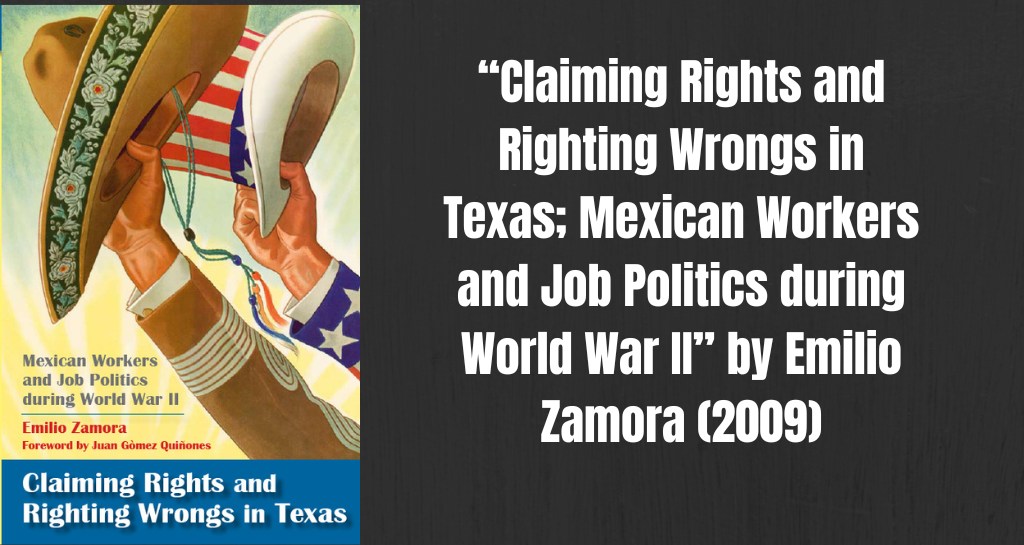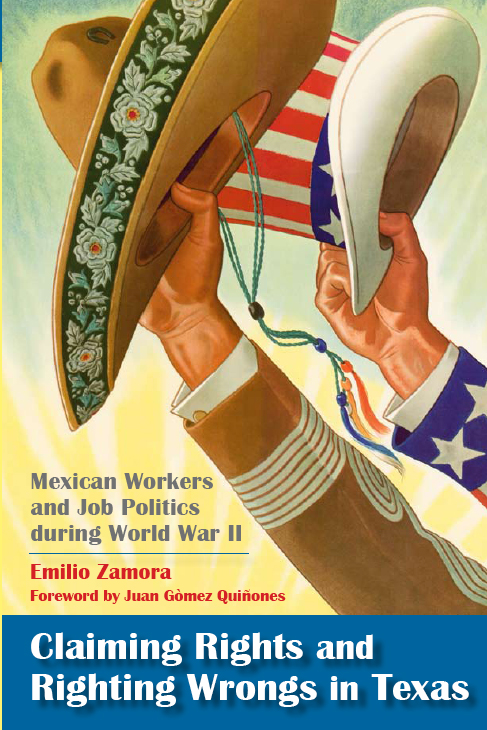by Felipe Cruz
Death and the dead were omnipresent in nineteenth century Salvador da Bahia, Brazil. Exuberant funeral processions marched festively in the streets and graves filled the church floors where parishioners stood. Since so many died, death was incorporated into many aspects of life in the city – and the living spent considerable effort in preparing for their own deaths and the deaths of others. In explaining why a crowd of over a thousand people revolted against and destroyed a cemetery in 1836, João Reis’ Death is a Festival brings to life the act of dying in Salvador.

Unlike the numerous revolts that broke out in the preceding two decades, the Cemiterada rebellion in 1836 was not carried out specifically by slaves, federalists, or soldiers. Although people of varying classes and colors took part, it was spearheaded by religious brotherhoods. They revolted against a law forbidding burial in churches and within city limits, a law that granted a burial monopoly to a cemetery on the outskirts of the city. Distancing the dead from the living did not sit well with brotherhood members who wanted to be buried in their own churchyards and provoked all other parties involved in the business of dying.
The government had an arguably legitimate reason for passing such an explosive law: miasma. Miasma, or the gas emanating from putrefying organic matter, was considered dangerous and the subject was all the rage in the medical literature of the time. Doctors in Bahia’s Medical School, trained in France, were appalled by the burial of corpses emanating miasma in church floors. In their medical journals, they often described the dangerous odors of corpses in poorly ventilated churches, and much worse, the mass graves where slaves were buried, as the cause of the high mortality rate in the city. According to the medical profession, the dead in the church’s floor brought death to the city – while to many of its residents, being buried in sacred dirt (even if miasmatic) was crucial to a good afterlife.
João Reis sketches the colorful world of Bahian death and makes a good case for understanding the motives of the rebels on other than financial grounds. Analyzing estate, brotherhood and parish records as well as travelers’ accounts, wills and testaments Reis shows where people preferred to be buried, how they paid for numerous masses to avoid purgatory, and then redeemed their consciences by freeing slaves and paying debts. Wakes brought together great numbers of people, known and unknown to the deceased, including professional prayers and wailing women. Funeral marches were as extensive as one could afford, some including dozens of priests, orchestras and beggars paid to add to the procession. In unearthing the details of funerals, the book also shows how death reaffirmed social distinctions: whether one was carried to the afterlife in a hammock or sumptuous coffin, buried in the hospital’s graveyard or the main cathedral, such differences spoke volumes about class and race. Death is a Festival is a truly seminal work, elegantly written and skillfully translated, and a great read for those interested in the history of medicine and the practices associated with death in Brazil.



 first successful Marxist revolution just ninety miles away from U.S. shores. Driven by a sense of Third World, post-colonial comradery, Cuban guerrillas staged socialist interventions in Africa in the name of Marxism and anti-imperialism. This book’s depiction of their successes and failures, coupled with Soviet and American reactions to such brazen undertakings, makes for a refreshing literary adventure in Cold War international history.
first successful Marxist revolution just ninety miles away from U.S. shores. Driven by a sense of Third World, post-colonial comradery, Cuban guerrillas staged socialist interventions in Africa in the name of Marxism and anti-imperialism. This book’s depiction of their successes and failures, coupled with Soviet and American reactions to such brazen undertakings, makes for a refreshing literary adventure in Cold War international history.
